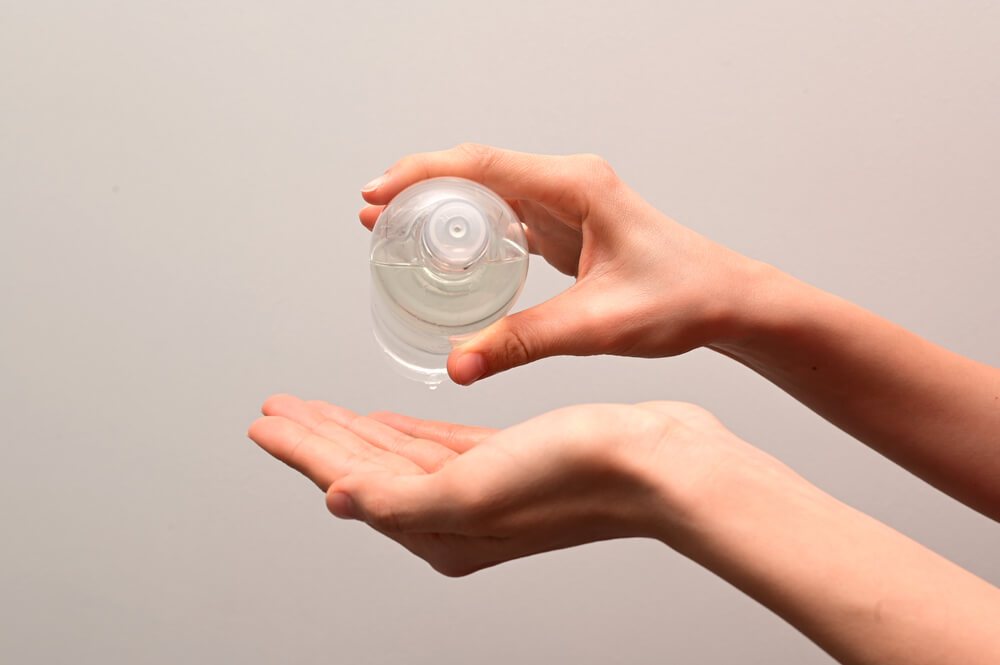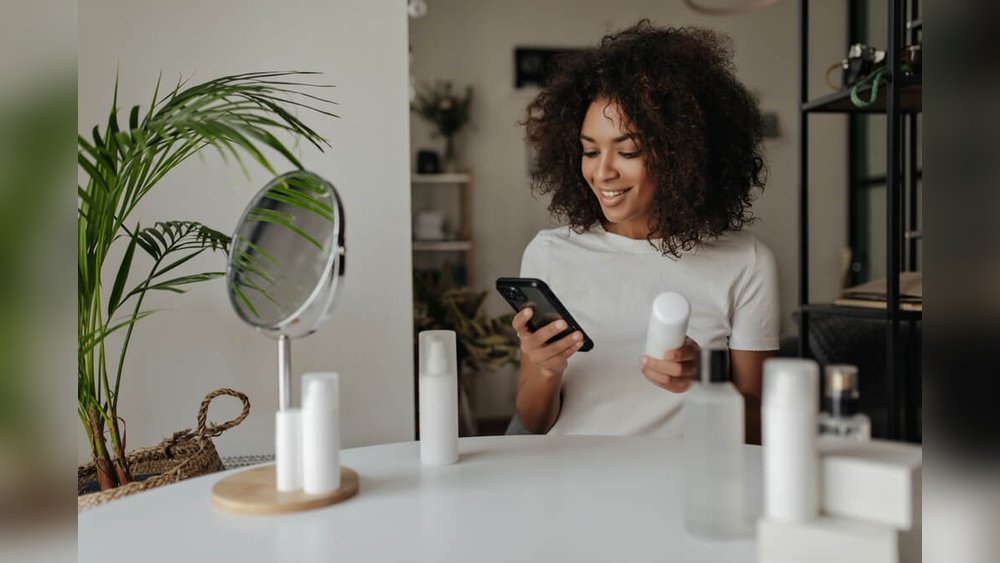You’ve probably seen alcohol listed on your skincare products and wondered: is it really bad for your skin? The truth is, not all alcohols are created equal.
Some can actually help your skin feel smoother and allow other ingredients to work better. But others might dry out your skin, cause irritation, or even make problems worse—especially if your skin is sensitive or dry. So, how do you know which ones to watch out for?
You’ll discover the different types of alcohol used in skincare, why they’re there, and how to choose products that keep your skin healthy and happy. Keep reading to clear up the confusion and take control of your skincare routine!
Types Of Alcohols In Skincare
Alcohols in skincare come in different forms with distinct effects on the skin. Some alcohols help moisturize and improve texture. Others can dry out the skin and cause irritation. Knowing the types of alcohols helps you choose better skincare products.
Simple Alcohols And Their Effects
Simple alcohols include names like denatured alcohol, SD alcohol, ethanol, and isopropyl alcohol. These alcohols often act as solvents or preservatives in skincare. They can dry out the skin by removing natural oils. This may cause redness, irritation, and inflammation. People with dry or sensitive skin may find these alcohols harsh. They can weaken the skin’s protective barrier over time. Products with high amounts of simple alcohols may not suit everyone.
Fatty Alcohols And Benefits
Fatty alcohols include cetyl alcohol, stearyl alcohol, and cetearyl alcohol. These alcohols come from natural fats and oils. They act as emollients and moisturizers in skincare products. Fatty alcohols help soften and smooth the skin. They improve product texture and make creams feel richer. These alcohols also help active ingredients absorb better. Fatty alcohols rarely cause irritation and suit most skin types. Their presence in products often signals hydration and nourishment.

Credit: www.everydayhealth.com
Reasons For Using Alcohol In Products
Alcohol plays several key roles in skincare products. It helps maintain product stability and effectiveness. Some types of alcohol support the skin, while others may cause dryness or irritation. Understanding why alcohol is used clarifies its purpose and benefits.
Preservative Qualities
Alcohol acts as a preservative by killing bacteria and fungi. This keeps products safe and extends shelf life. Without preservatives, skincare products can spoil quickly. Alcohol helps maintain product purity and prevents contamination.
Enhancing Ingredient Absorption
Certain alcohols improve the skin’s ability to absorb active ingredients. They help dissolve ingredients so the skin can take them in better. This boosts the product’s effectiveness and delivers benefits deeper into the skin.
Texture Improvement
Alcohol changes the texture of skincare products, making them feel lighter and less greasy. It helps ingredients blend well and creates a smooth application. This improves user experience and helps products spread easily on the skin.
Skin Types That Need Caution
Some skin types must be careful when using products with alcohol. Alcohol can affect the skin differently depending on its type. Understanding how alcohol interacts with certain skin types helps in choosing the right skincare products.
Using alcohol in skincare is not always harmful, but caution is needed for sensitive, dry, and acne-prone skin. These skin types may react negatively to certain alcohols, causing discomfort or worsening skin issues.
Sensitive Skin Concerns
Sensitive skin often reacts to harsh ingredients. Simple alcohols like denatured alcohol can cause redness and irritation. These alcohols may disrupt the skin’s protective barrier, making sensitivity worse. People with sensitive skin should avoid products with drying alcohols. Instead, choose formulas with fatty alcohols that soothe and protect.
Impact On Dry Skin
Dry skin needs moisture to stay healthy and smooth. Simple alcohols remove natural oils, leading to increased dryness and flakiness. This can make dry skin feel tight and uncomfortable. Fatty alcohols, on the other hand, help lock in moisture and improve skin texture. Avoid products with high levels of simple alcohols if your skin feels dry.
Effect On Acne-prone Skin
Acne-prone skin can be tricky with alcohol-based products. Drying alcohols might reduce oil temporarily but can cause the skin to produce more oil later. This can lead to more breakouts and irritation. Fatty alcohols are less likely to clog pores and often help maintain skin balance. Choose products that support acne-prone skin without over-drying.

Credit: celestolite.com
How To Identify Harmful Alcohols
Identifying harmful alcohols in skincare products helps protect your skin. Not all alcohols cause damage. Some support skin health, while others dry and irritate. Learning to recognize these alcohols is key to choosing safe products.
Reading Ingredient Lists
Check the ingredient list carefully. Ingredients are listed by amount, from highest to lowest. Harmful alcohols often appear near the top. Look for words ending in “alcohol” or alcohol-related terms. This practice helps spot potential irritants quickly.
Spotting Simple Alcohols
Simple alcohols include terms like ethanol, denatured alcohol, and isopropyl alcohol. These can dry out the skin and cause redness. They often appear in toners, astringents, and some cleansers. Avoid products with these alcohols if you have dry or sensitive skin.
Managing Alcohol In Your Routine
Managing alcohol in your skincare routine requires awareness and care. Alcohol types vary, and their effects on skin differ greatly. Knowing how your skin reacts can help you choose the right products. Adjusting your routine based on these reactions protects your skin’s health and appearance.
Observing Skin Reactions
Watch your skin closely after using products with alcohol. Look for signs like redness, dryness, or itching. These symptoms may indicate irritation or sensitivity to certain alcohols. Pay attention to how your skin feels throughout the day. Notice if it becomes tight or flaky after application. Keep track of which products cause these reactions. This practice helps identify alcohol types that your skin tolerates well or poorly.
Consulting Dermatologists
Seek advice from a dermatologist when unsure about alcohol in skincare. Professionals can diagnose skin conditions and recommend suitable products. They understand the differences between fatty and simple alcohols. Dermatologists provide personalized guidance based on your skin type. This expert help ensures your routine supports skin health. Follow their advice to avoid worsening irritation or dryness. Regular check-ups can keep your skincare plan effective and safe.

Credit: ameorganic.com
Frequently Asked Questions
Are Skincare Products With Alcohol Bad?
Skincare products with fatty alcohols like cetyl are moisturizing and safe. Simple alcohols like denatured alcohol can dry and irritate skin, especially sensitive types. Choose products wisely and monitor your skin’s response to avoid issues.
Is Alcohol-free Skincare Better?
Alcohol-free skincare suits sensitive and dry skin better by avoiding irritation and dryness caused by simple alcohols. Fatty alcohols, however, hydrate and improve texture. Choose products based on your skin type and ingredient lists for best results.
Why Would A Moisturizer Have Alcohol In It?
Moisturizers include alcohol to improve texture, preserve the product, and enhance ingredient absorption. Fatty alcohols also provide hydration and softness.
What Is The Difference Between Good And Bad Alcohol In Skincare?
Good alcohols like cetyl and stearyl hydrate and soften skin. Bad alcohols such as denatured or isopropyl dry, irritate, and damage the skin barrier. Choose products with fatty alcohols for moisture and avoid simple alcohols to prevent dryness and irritation.
Conclusion
Alcohol in skincare is not always harmful. Some alcohols help hydrate and improve texture. Others, like simple alcohols, may dry or irritate skin. Knowing the type of alcohol matters most. Sensitive or dry skin types should be cautious. Always read product labels carefully before buying.
Watch how your skin reacts to each product. Seek advice from skincare professionals when unsure. Choosing the right products keeps your skin healthy and balanced.
 Skip to content
Skip to content 